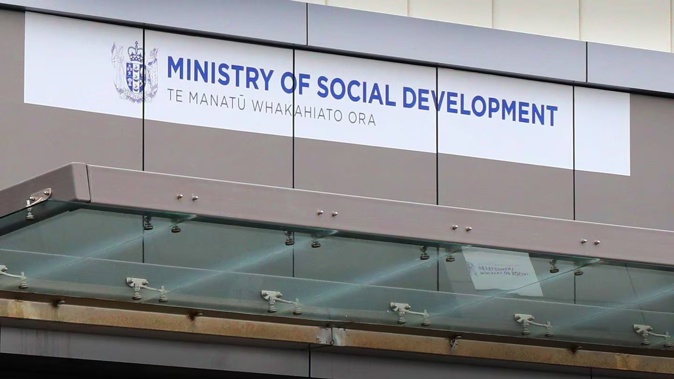

A Government ministry used information from a Family Court case to suspend an employee while it investigated claims against them - but it did not have permission from the court to do so.
Now the Ministry of Social Development (MSD) must remove the Family Court judgment from an Employment Relations Authority (ERA) case involving the worker, and refile without it, after the employee successfully sought the document’s removal.
The worker provided the Family Court judgment to MSD following concerns made about them by a third party, according to a December determination of the authority.
But the information reported proceedings of the Family Court involving a “vulnerable person”, meaning MSD needed permission from the court to use the information.
ERA member Marija Urlich said there was no dispute the proceedings involved a vulnerable person but neither the employee, identified as DBH, nor MSD considered restrictions under section 11B of the Family Court Act when the judgment was provided.
“It is accepted MSD received the information in good faith,” Urlich wrote. “It is also accepted it was obliged to investigate the concerns raised by the third party.
“MSD submits the information is central to its decision to place DBH on special leave and later suspend and potentially dismiss them.”
The nature of the concerns against DBH was not outlined in the determination, which was part of an ongoing case by the employee to seek interim reinstatement in their job.
The Herald asked MSD how long the worker has been suspended and whether they remained on full pay.
MSD group general manager of people Cain McLeod said they were individual employment matters and the ministry was unable to comment due to privacy.
Urlich said exceptions to the rule did not apply and leave had not been granted by the Family Court for the information to be before the authority.
Employment lawyer Erin Burke’s client relied on an Employment Court judgment from July 2020 when Silver Fern Farms was ordered to return Family Court documents to employee Marie McNabb and destroy any other copies because they were protected under section 11B.
MSD’s lawyers Peter Chemis and Jessica Taylor of Buddle Finlay said the information in that case was found by the court to be of limited significance, “whereas in this matter the information is central to the disciplinary process”.
The lawyers submitted the judgment before the authority did not amount to publication because the authority had a genuine interest in the information.
They said publication required dissemination of the information to the public and did not capture the bare communication of information to people who had a genuine interest in receiving it.
MSD added that the authority could make appropriate non-publication orders to protect the interests of vulnerable people which could mirror section 11B of the Act.
But Urlich said Parliament had legislated for the public interest in proceedings before the Family Court to be shielded from anyone other than those involved in the proceedings.
On the information before the authority, she said it was not clear what steps MSD had taken to avoid reliance on the judgment or if it was unable to do so, what steps it took to accommodate the requirements under the Family Court Act, for example, by seeking leave of the court.
“These factors weigh in favour of the information not being properly before the authority,” Urlich said.
“A further and significant factor is the interests of the third-party vulnerable persons involved in and identified in the information. The Family Court is best able to assess those interests in any section 11B leave application.”
Urlich granted the order in favour of the applicant, determining the Family Court judgment was not lawfully before the authority.
Burke said while she could not comment directly on the facts of the case, it was a situation “that’s rare in case law but potentially not uncommon in the workplace ... Either because employees don’t know that they can’t provide these documents or they feel obliged to provide them if the employer asks for them.”
Section 11B of the Family Court Act 1980 limits publication of reports of proceedings in the court that include identifying information where a “vulnerable person” - such as a child or a mentally or intellectually impaired person - is involved as the subject of, applicant or party to the proceedings.
A vulnerable person is defined under the act as someone who does not have capacity to understand the proceedings such as a child, a mentally or intellectually impaired person, and some elderly such as the donor of an Enduring Power of Attorney, as well as a person who has a protection order under the Family Violence Act 2018.
Natalie Akoorie is a senior reporter based in Waikato and covering crime and justice nationally. Natalie first joined the Herald in 2011 and has been a journalist in New Zealand and overseas for 28 years, more recently covering health, social issues, local government, and the regions.

Take your Radio, Podcasts and Music with you









